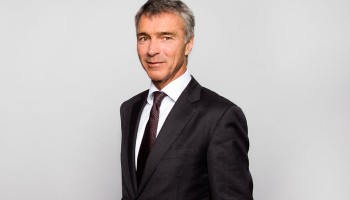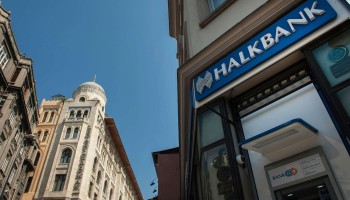A bank spokesman said the investigation could result in "significant" fines and penalties, but didn’t confirm a report from Dutch newspaper Het Financieele Dagblad that it is linked to corruption accusations against the daughter of former Uzbek president involving hundreds of millions of dollars.
"Given that the matter is under investigation we cannot comment further other than that we cooperate with the investigations," ING Bank spokesman Raymond Vermeulen said in an e-mail to OCCRP.
Gulnara Karimova — a former diplomat, singer and fashion designer — has been under house arrest since February 2014 following a 2012 investigation by Sveriges Television, the Swedish public service television company, in cooperation with OCCRP into a bribery scandal involving Swedish telecommunications company TeliaSonera, now Telia Company.
Reporting by OCCRP in 2015 revealed how the daughter of the late president received more than US$ 1 billion in bribes for allowing international telecommunications companies, including Vimpelcom and TeliaSonera, to operate in Uzbekistan.
On page 232 of ING Bank’s 2016 annual report, the company admitted it was "the subject of criminal investigations by Dutch authorities regarding various requirements related to the on-boarding of clients, money laundering, and corrupt practices."
It added that the bank has received related information requests from U.S. authorities and that it is "cooperating with such ongoing investigations and requests."
In a separate case in 2012, ING was fined US$ 619 million by the U.S. Office of Foreign Assets Control — responsible for monitoring trade sanction breaches — after the discovery that it had laundered money through the U.S. banking system for clients from sanctioned countries such as Cuba, Burma, Sudan, Libya and Iran from the early 1990s through 2007, according to the Financial Times.






